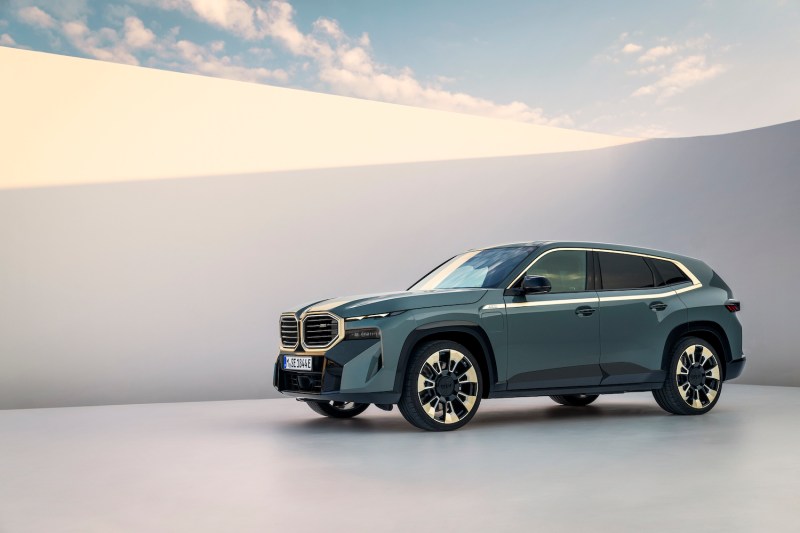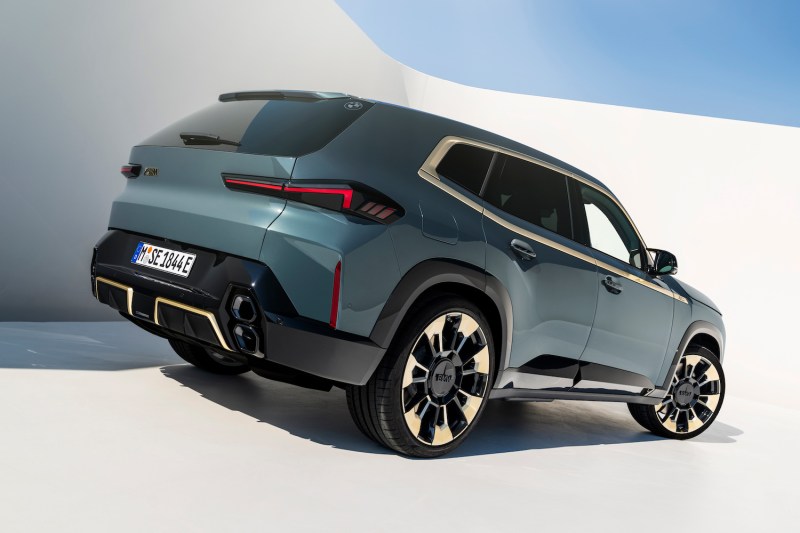There’s no denying that BMW has penned some gorgeous vehicles. The BMW 507, 2002, M1, and E46 3-Series are some of the automaker’s prettiest cars in its storied history. Take a peek, if you dare, at one of BMW’s modern vehicles and the brand’s designs are as subtle as being squashed by a falling piano. The automaker went from stunning to classy to controversial. Apparently, the decision to have more controversial designs for its modern vehicles was deliberate. Furthermore, we can expect to see even brasher designs in the future.
Speaking with Australia’s CarSales, BMW CEO Oliver Zipse explained why BMW’s cars look the way they do. “If you want to change design, any step into the future that is perceived as new will be controversial automatically,” Zipse said in an interview with the outlet. “There’s no such thing as a future-oriented design without controversy.”

Zipse pointed toward the automaker’s cars from the 2000s, including the E90 3-Series models and the E65 7-Series as vehicles that either drew a lot of love or hate. These vehicles, with their polarizing designs, also raised brand awareness.
The CEO also spoke about the brand’s latest and most controversial vehicle, the XM SUV. The electric SUV appeared out of nowhere with enormous kidney grilles, sci-fi headlights, a blunt rear end, and strange taillights, garnering a lot of discussion on the internet. Zipse, on the other hand, notes that BMW has received a lot of positive feedback about the XM’s design. “There are a lot of discussions here, but almost everyone loves it,” he told CarSales.

For people that hate BMW’s vehicles, Zipse gets it, but he wants you to know that the automaker isn’t looking to make everyone happy. Some cars, like the XM and i7, are meant to appeal to the small number of people that can afford to own the vehicles. “[The i7] will never be a mass-market car,” said Zipse. “It will only be a super minority of people who will sit in that car. The majority of people will never sit in that car. It only must be appealing to the customers who are in that segment, not anybody else.”
In the future, we can expect BMW to continue churning out controversial designs for its low-volume vehicles, because, clearly, there’s no such thing as bad publicity. There’s certainly something to that idea because controversial designs get people talking. Consumers that aren’t fans of BMW’s controversial designs will want to stick with the automaker’s more mainstream vehicles, like the X1, X5, 3-Series, and 5-Series, which will continue to have more traditional designs.



